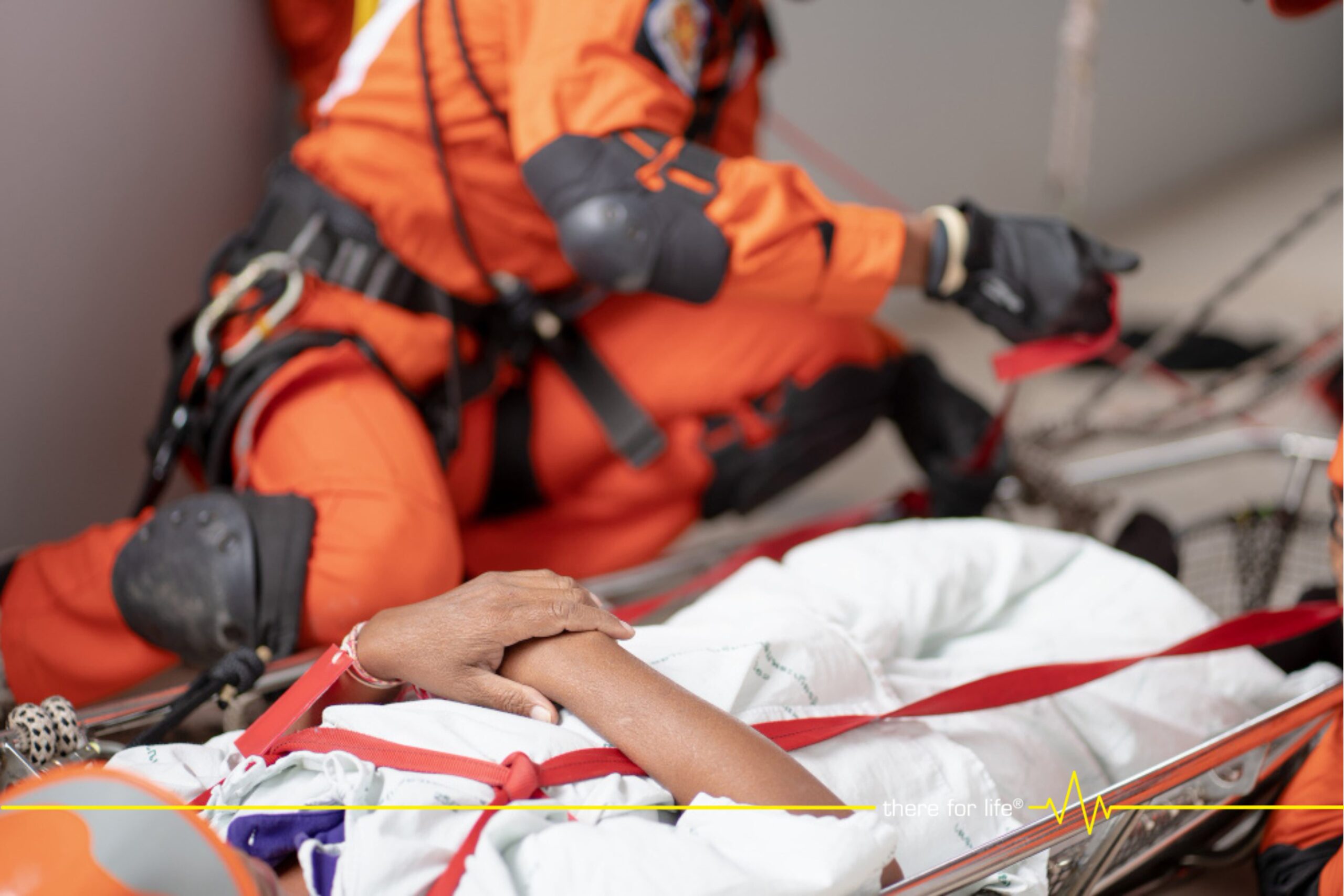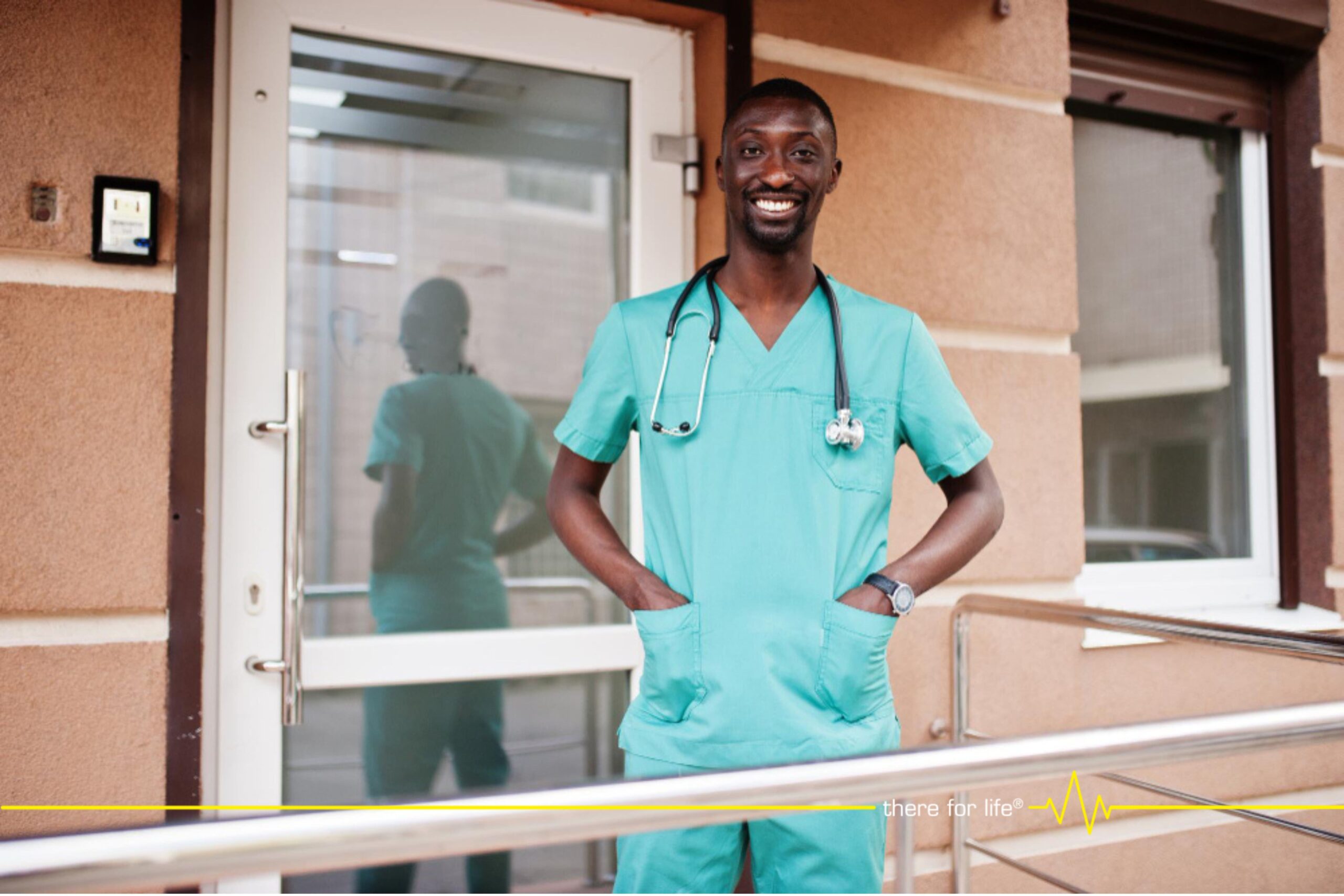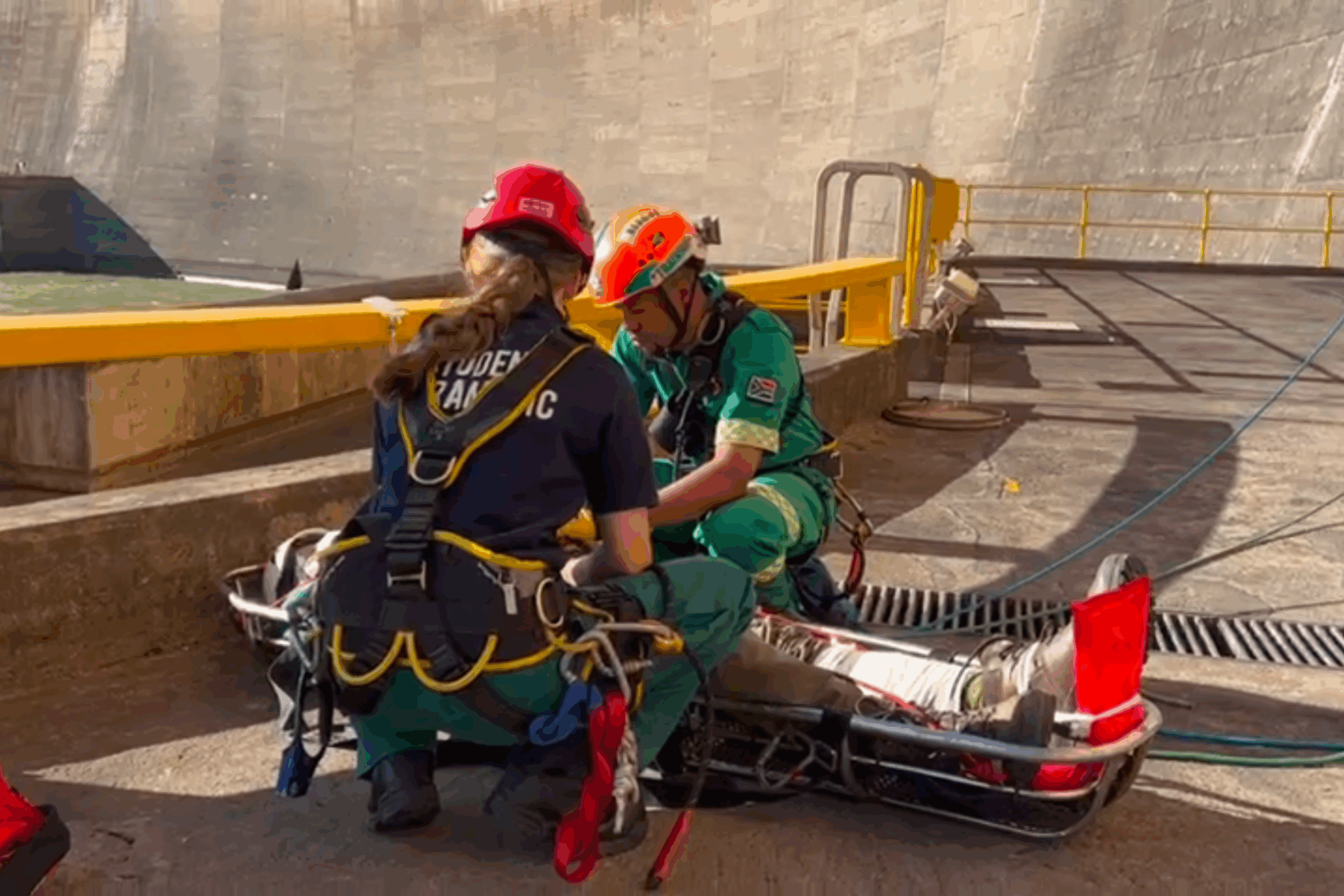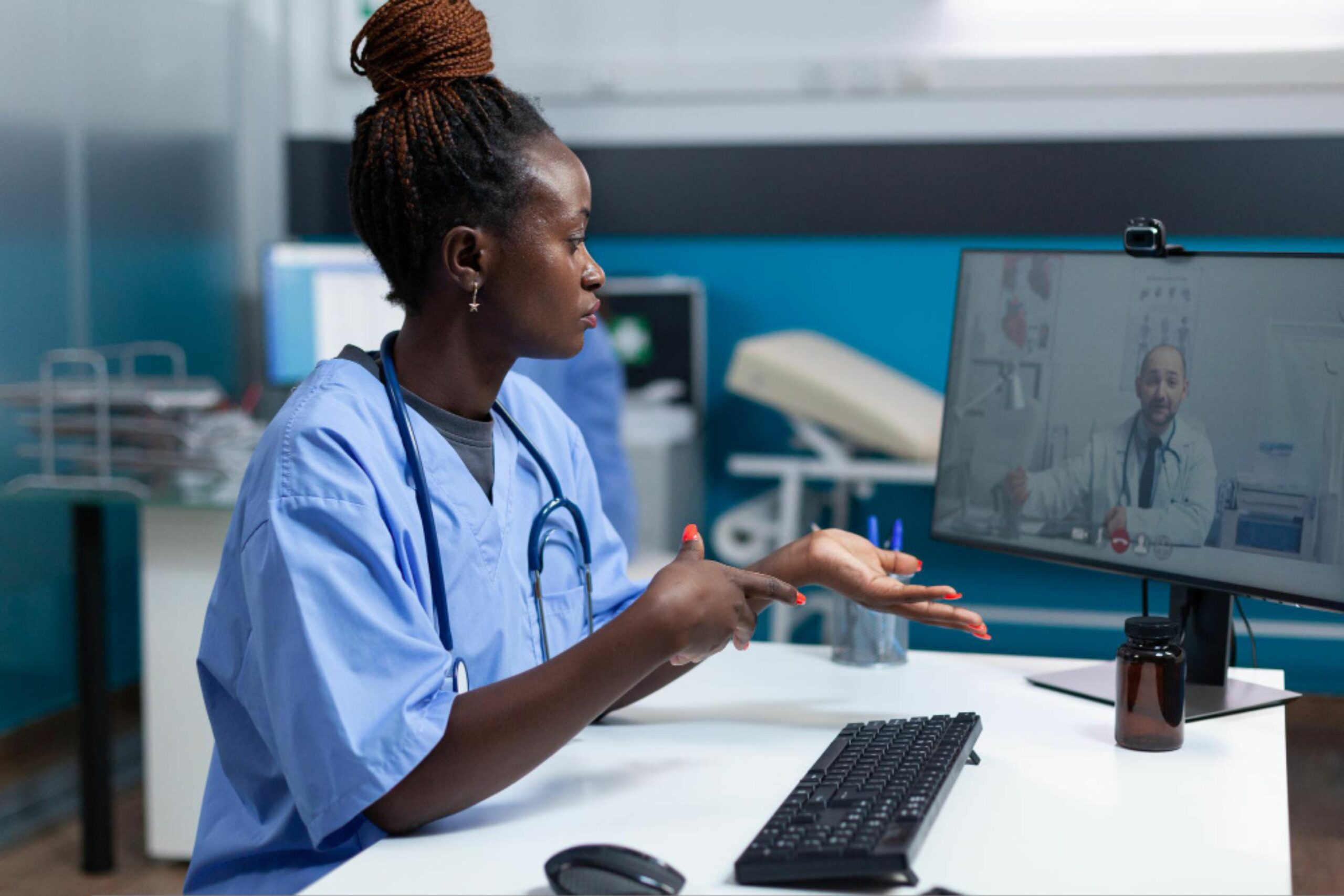Providing access to quality medical services is critical for organisations operating on remote project sites in Africa. These medical services provide quality medical care to employees in the case of illnesses, accidents or injuries and identify precautionary medical requirements. In the blog below, we unpack operational challenges in remote locations, the role of medical services and the need for customised healthcare management solutions.

Understanding the Challenges of Remote Location Operations
Working in isolated areas presents unique challenges and vulnerabilities in terms of medical services. One of the primary risks is the limited accessibility to healthcare facilities, which can result in delayed response times during emergencies. In remote locations, transportation infrastructure may be inadequate, making it difficult for medical personnel and supplies to reach the area promptly. Additionally, the scarcity of healthcare professionals in isolated regions can lead to a lack of expertise and workforce to handle complex medical cases. Limited resources, including medical equipment and medications, may further compromise the quality of healthcare services. Communicating and coordinating with centralised healthcare systems can be challenging due to unreliable or non-existent communication networks, hindering the timely exchange of critical information. In these isolated environments, the potential for outbreaks of infectious diseases is heightened, as the lack of immediate medical intervention can allow diseases to spread more rapidly. Addressing these risks requires strategic planning, investment in infrastructure, and the development of innovative solutions and proactive measures to ensure effective and timely access to medical services in isolated areas.
Implementing proactive measures in medical care on remote project sites is imperative to ensure the well-being of individuals working in isolated and challenging environments. Remote project sites often lack immediate access to advanced healthcare facilities, making it essential to take preventive actions to mitigate health risks. Proactive measures involve implementing regular health check-ups, providing vaccinations, and conducting training to address potential hazards specific to the site. By identifying and addressing health concerns before they escalate, these measures reduce the likelihood of accidents and the spread of infectious diseases. Additionally, having trained medical personnel on-site equipped with necessary resources enables swift responses to emergencies, fostering a healthier working environment for all involved. In remote locations, where access to medical assistance may be delayed, proactive measures become a crucial component in safeguarding the health and well-being of the workforce, thereby enhancing overall project productivity and success.
The Role of On-Site Medical Services
From the above, it is clear that several challenges need to be navigated. Central to this is the role of on-site medical services.
In simple terms, on-site medical services refer to healthcare resources and facilities that are situated within a specific location, such as a workplace. These services are designed to provide immediate and accessible healthcare to individuals within the confines of that particular environment. Unlike traditional healthcare facilities, which are centralised and typically require patients to travel to receive care, on-site medical services directly bring healthcare professionals and resources to the people they serve. This has several different benefits that include:
- Convenience and Accessibility – On-site medical services eliminate the need for individuals to travel to distant healthcare facilities, making healthcare more accessible and convenient.
- Preventive Care and Health Promotion – On-site services can focus on preventive care, wellness programs, and health education, contributing to the overall well-being of the workforce on the project site.
- Reduced Absenteeism – On-site medical services can help reduce absenteeism on the project site by promptly addressing health issues, preventing the spread of illnesses, and promoting a healthier environment.
- Cost-Effectiveness – By addressing health concerns early and preventing more severe conditions, on-site medical services can lead to cost savings in the long run for both employees and organisations.
On remote project sites, access to medical services is crucial to ensure the health and well-being of employees. Various medical services are typically provided to address preventive and emergency healthcare needs. Primary healthcare services form the foundation, encompassing routine check-ups, vaccinations, and health education programs. Additionally, remote project sites often have on-site medical clinics for minor injuries and illnesses, offering first aid and basic medical treatments. Telemedicine services may also be implemented to connect workers with healthcare professionals for remote consultations. Project sites usually establish protocols for emergency medical evacuations to nearby healthcare facilities in cases of more severe injuries or illnesses. These comprehensive medical services contribute to the health management of remote project sites, ensuring that employees receive timely and appropriate care regardless of location.

Tailoring Medical Services to Remote Environments
Customising medical solutions for remote project sites is crucial for addressing the unique health challenges that can arise in these specific environments. Project sites often entail a range of risk factors, such as geographical isolation, limited infrastructure, and diverse workforce compositions.
Tailoring medical interventions to the context of these remote locations ensures that the healthcare provided is relevant, practical, and responsive to the workforce’s specific needs. This customisation allows for the development of health programs that account for the occupational risks and health concerns associated with the project, promoting a proactive and preventative approach to healthcare.
By considering the local conditions, such as the nature of the work and the potential for occupational hazards, customised solutions can enhance the effectiveness of medical services and contribute to the overall well-being and productivity of the workforce. In addition, the adaptability of these solutions is essential for managing emergencies and providing timely medical assistance.
Ultimately, the importance of customising medical solutions for remote project sites lies in its capacity to safeguard the health of individuals working in challenging and often isolated conditions, contributing to the overall success and sustainability of the project. Key to this is comprehensive health assessments, preventative care, and emergency response planning:
Comprehensive Health Assessments and Preventive Care
On-site medical services are crucial in facilitating early intervention and disease prevention on remote project sites through comprehensive health assessments and preventative care initiatives. Through regular health assessments, individuals at remote sites can be proactively monitored for potential health risks and early signs of diseases. This proactive approach allows for the timely identification of health issues, enabling healthcare providers to intervene early and implement targeted interventions. On-site medical services often include preventive care measures such as immunisations, health education, and wellness programs. These initiatives raise awareness about health and promote healthy lifestyles among the workforce, thereby reducing the risk of diseases. By fostering a culture of proactive healthcare, on-site medical services become a cornerstone in promoting overall well-being and productivity in remote project settings.
Emergency Response Planning
Implementing a robust emergency response plan is paramount for projects in remote locations due to the unique challenges and heightened risks associated with such environments. Remote project sites often lack immediate access to comprehensive emergency services, making it essential to have a well-defined and efficient plan in place. Unforeseen events, ranging from natural disasters to accidents, can occur, posing a threat to the well-being of personnel. A meticulously crafted emergency response plan ensures a coordinated and swift reaction to such incidents, minimising the potential for injuries and damage. The presence of a robust emergency response plan is a proactive measure that safeguards lives, protects assets, and promotes resilience in the face of unexpected challenges on-site, reinforcing the overall success and sustainability of projects in remote locations.
Conclusion
From the above, it is clear that preventative medical services are vital to the health and well-being of employees on-site. Key to ensuring you have the right healthcare services in place is the ability to partner with a complete healthcare service provider that has the knowledge and experience required to help your organisation mitigate risks associated with healthcare on remote project sites, ensure zero harm and ensure that you can meet your duty of care requirements. ATA International is this partner. With over a decade and a half of experience across Africa, ATA International has the expertise required to ensure you have the medical services necessary to ensure you have the right medical services in place for your unique project sites. To find out more about ATA International healthcare management solutions and medical services, visit:https://ata-international.com/services/on-site-medical-staff/.


